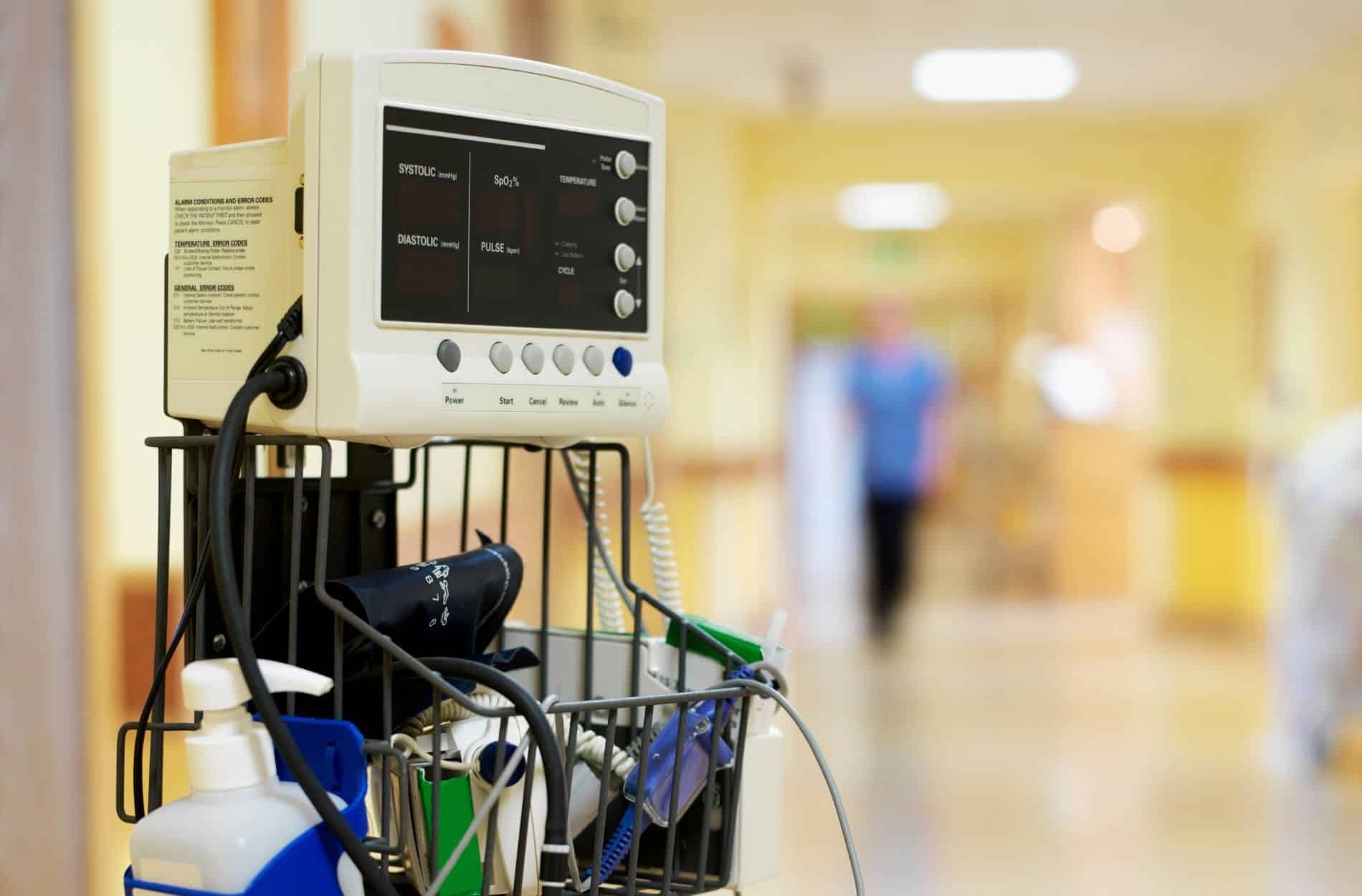Understanding what constitutes medical negligence is essential for anyone working within healthcare systems. Medical negligence arises when a healthcare provider does not meet the standard of care expected, resulting in harm to the patient. In Tampa, Florida, like elsewhere, knowing the types of medical negligence helps individuals be more informed about their rights and legal options. Whether it is a misdiagnosis, a surgical mistake, or a medication error, each type presents unique challenges and implications.
These issues are serious, affecting patients and their families in significant ways. Acknowledging these types and understanding the potential aftermath prepares individuals to seek the guidance needed if faced with such situations. The following sections explore common forms of medical negligence that can lead to legal action, explaining what they entail and their importance.
Common Types of Medical Negligence Leading to Lawsuits
Medical negligence can show up in different forms, each with potential risks and consequences. Understanding these can empower individuals to recognize when care standards fall short.
1. Misdiagnosis or Delayed Diagnosis
This occurs when a medical professional incorrectly assesses a patient’s condition or takes too much time to diagnose. For instance, if symptoms of a serious condition are mistaken for something minor, treatment might be delayed, worsening the condition and necessitating more intensive treatment. Patients in such scenarios face unnecessary stress and harm, making this type of negligence a common lawsuit claim.
2. Surgical Errors
Mistakes during surgical procedures are another serious form, leading to immediate and severe impacts. Errors might include operating on the wrong site, leaving instruments inside the body, or damaging tissues. For example, a surgeon operating on the wrong limb not only requires additional corrective surgery but could result in long-term disability. Patients experiencing surgical errors might face physical pain, psychological trauma, and extra medical costs, necessitating legal action.
3. Medication Errors
Incorrect medications or dosages can cause adverse effects on patients. These errors stem from miscommunication or errors in prescription interpretation or dispensing. Imagine a patient receiving medicine for another person, resulting in severe side effects. Legally addressing these issues is crucial, as they can significantly affect patient health and recovery.
Understanding how different negligence types can affect lives is vital. Recognizing these situations is the first step towards legal accountability, ensuring hospitals maintain the highest standards of care.
Birth Injuries
Birth injuries affect the very beginning of life and can result from mismanaged complications during delivery. Mistakes like improper use of forceps or vacuums can lead to anything from mild bruising to serious nerve damage. Babies sustaining preventable injuries at birth might face long-term consequences, such as developmental delays. This impacts the child and places an emotional and financial burden on the family.
Failure to Treat
This involves a healthcare provider’s inadequate treatment of an already diagnosed condition. For example, a patient with a treatable infection might not receive necessary antibiotics, worsening the condition. Such failures can lead to severe complications and irreversible health issues. Patients deserve proactive care post-diagnosis, and failing in this duty can lead to legal actions.
The Legal Process for Medical Negligence Cases
Understanding the process can bring clarity and confidence. Initially, the patient or family must prove that the care standard was unmet, causing harm. An experienced attorney is essential for gathering evidence and interacting with medical experts.
Lawsuits typically involve stages like initial consultations, documentation gathering, and possibly court or settlement negotiations. Outcomes can include compensation for medical bills, lost wages, and emotional distress. Skilled legal representation ensures readiness for this challenging process.
Why Legal Assistance Is Important
Handling a medical negligence claim is challenging, accentuating the value of legal help. Without guidance, you face complex legal terms and procedures. An attorney skilled in Tampa medical laws can help you present a solid case, ensuring rights are upheld. They streamline the process, safeguarding against pitfalls and helping secure the deserved compensation.
Legal aid offers reassurance. Attorneys serve as advocates, equipping you with the knowledge and support to tackle these situations confidently. By partnering with legal experts, victims can focus on healing while their legal partners handle complexities, ensuring accountability and justice.
If you or someone you care about has been impacted by medical negligence, understanding your legal options is the first step toward healing. The team at Greco, Wozniak & Ruiz-Carus, P.A. is ready to guide you through the process with compassion and experience. Learn how a medical negligence attorney can help protect your rights and pursue the compensation you deserve in Tampa.






